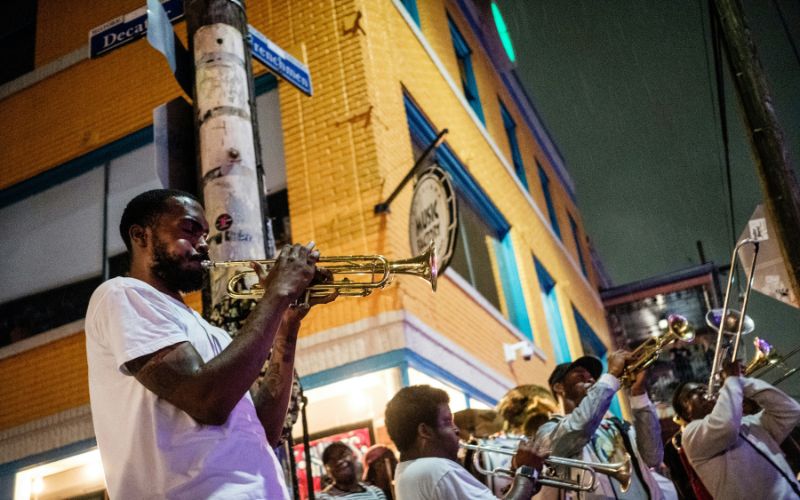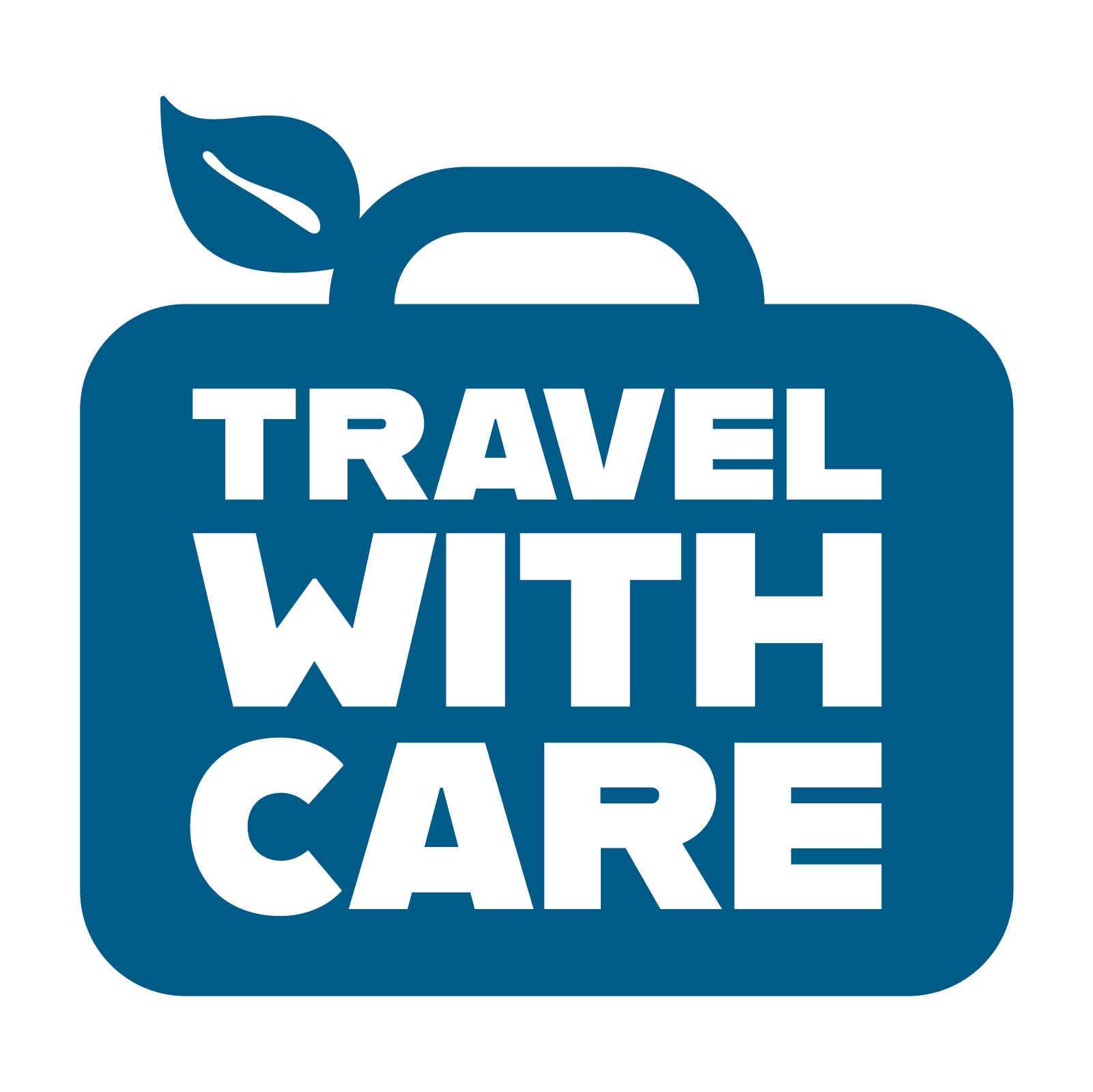
27 May Shop Local
WHY SHOP LOCAL
One of the opportunities in tourism is the increased expenditure in the local community1. To ensure the community benefits from tourism, encouraging tourists to shop local directly supports social and economic sustainability in the destination2. Choosing local accommodations, restaurants, and shops during travel keeps more money within the community, supporting the local economy3. Supporting local artisans and cultural markets helps preserve the unique identity of a destination4. Interacting with locals, trying local cuisine, and joining community activities enhance the travel experience, offering insights into local life and traditions5.
Engaging with locals fosters cultural exchange and mutual understanding6. Travelers gain a more nuanced perspective of the destination, breaking down cultural barriers and promoting a sense of global interconnectedness. Tourism generated revenue can benefit community development projects, improving infrastructure, education, and healthcare7. Distributing spending across local businesses helps alleviate the negative impacts of overtourism8. Encouraging tourists to shop locally ensures a destination’s long-term viability while preserving its culture and environment.
WHAT IT MEANS
Supporting locals while on vacation means making a conscious effort to contribute to the economic and social well-being of the community. This involves choosing local businesses, rather than relying on large chain establishments or multinational corporations9. The goal is to positively impact the local economy, preserve the cultural identity of the destination, and foster a sense of community sustainability. Destinations can encourage tourists to shop at local markets to support local craftsmanship or opt for local tours and activities to ensure their money directly benefits the community and preserve the destination’s cultural identity. By shopping locally, tourists contribute to sustainability, support local economies, promote sustainable and responsible tourism, and create a positive and authentic travel experience2.
HOW TO DO IT
In Scotland, Edinburgh’s “This is Edinburgh” campaign promoted local shopping and supports independent businesses10. Launched in 2014, the joint effort between Marketing Edinburgh, Essential Edinburgh and the City of Edinburgh Council achieved huge success. Residents and visitors were encouraged to explore diverse independent shops and markets. The city hosted markets like the Edinburgh Farmers’ Market, showcased local goods, and provided opportunities for tourists to shop directly from producers. Tourist centers actively promoted local businesses for conscious shopping choices. Collaborations with local businesses led to special promotions and events, encouraging tourists to shop locally with discounts and themed events11.
In the USA, New Orleans’ “Shop Local Nola” program is all about sustainable and responsible tourism. Shop Local NOLA was founded in 2020 by a passionate team of marketing professionals who find verified, locally owned stores, restaurants, services, and more in the Greater New Orleans area, urging tourists to support local businesses to boost the community’s economy12. The provides a user-friendly platform in which consumers can search locally-owned businesses in their area, promoting sustainable and responsible decisions during their stay13. New Orleans values its unique cultural heritage and encourages support for cultural institutions and local artists.
In South Africa, the “Made in Cape Town” program promotes sustainable tourism and supports local businesses. Made in Cape Town is a project of the Craft & Design Institute, created with seed funding from the City of Cape Town14. The campaign is promoted through various channels, including tourist information centers, city websites, and marketing materials. The program extends beyond traditional retail to include promoting local food experiences and encouraging dining at locally owned places. This program supports and promotes local businesses and aims to shift visitor mindsets to shop local14. Through engaging content and campaigns, tourists are encouraged to share their experiences of shopping locally in Cape Town, creating a positive ripple effect online.
DMOs mentioned:
https://edinburgh.org/
https://shoplocalnola.com/
https://madeincapetown.org.za/
Other helpful materials:
https://worldtraveltourismcouncil.medium.com/5-ways-tourism-can-support-local-economies-8cc8ded47370
https://www.travelandleisure.com/trip-ideas/why-you-should-visit-small-businesses-while-traveling
https://www.nationalgeographic.com/travel/article/paid-content-three-european-cities-of-innovation
https://www.unwto.org/shopping-tourism
https://amiba.net/
References
1. Stoeckl, N. (2008). Enhancing the economic benefits of tourism at the local level. Building Community Capacity for Tourism Development, 16–28. https://doi.org/10.1079/9781845934477.0016
2. Mathew, P. V., & Sreejesh, S. (2017). Impact of responsible tourism on destination sustainability and quality of life of community in tourism destinations. Journal of Hospitality and Tourism Management, 31, 83–89. https://doi.org/10.1016/j.jhtm.2016.10.001
3. Gelan, A. (2003). Local economic impacts: The British Open. Annals of Tourism Research, 30(2), 406–425. https://doi.org/10.1016/S0160-7383(02)00098-1
4. Healy, R. G. (1994). Tourist merchandise’ as a means of generating local benefits from ecotourism. Journal of Sustainable Tourism, 2(3), 137–151. https://doi.org/10.1080/09669589409510691
5. Atsız, O., Cifci, I., & Rasoolimanesh, S. M. (2022). Exploring the components of meal-sharing experiences with local foods: A netnography approach. Current Issues in Tourism, 25(6), 919–936. https://doi.org/10.1080/13683500.2021.1905619
6. Chen, H., & Rahman, I. (2018). Cultural tourism: An analysis of engagement, cultural contact, memorable tourism experience and destination loyalty. Tourism Management Perspectives, 26, 153–163. https://doi.org/10.1016/j.tmp.2017.10.006
7. Esmaeil Zaei, M., & Esmaeil Zaei, M. (2013). The Impacts of Tourism Industry on Host Community. European Centre for Research Training and Development UK, 1(2), 12–21.
8. Agyeiwaah, E. (2019). Over-tourism and sustainable consumption of resources through sharing: The role of government. International Journal of Tourism Cities, 6(1), 99–116. https://doi.org/10.1108/IJTC-06-2019-0078
9. Young, C. (2022). Should You Buy Local? Journal of Business Ethics, 176(2), 265–281. https://doi.org/10.1007/s10551-020-04701-3
10. Stephen, P. (2014, February 21). This is Edinburgh – new marketing campaign launched. The Edinburgh Reporter. https://theedinburghreporter.co.uk/2014/02/this-is-edinburgh-new-marketing-campaign-launched/
11. Stephen, P. (2016, February 5). This is Edinburgh marketing campaign declared a £50m success. The Edinburgh Reporter. https://theedinburghreporter.co.uk/2016/02/this-is-edinburgh-marketing-campaign-declared-a-50m-success/
12. Shop Local Owned Businesses in New Orleans and Jefferson Parish Area. (n.d.). Shop Local Nola. Retrieved December 21, 2023, from https://shoplocalnola.com/
13. About Shop Local Nola. (n.d.). Shop Local Nola. Retrieved December 21, 2023, from https://shoplocalnola.com/about-shop-local-nola/
14. Home. (n.d.). MADE IN CAPE TOWN. Retrieved December 21, 2023, from https://madeincapetown.org.za/

